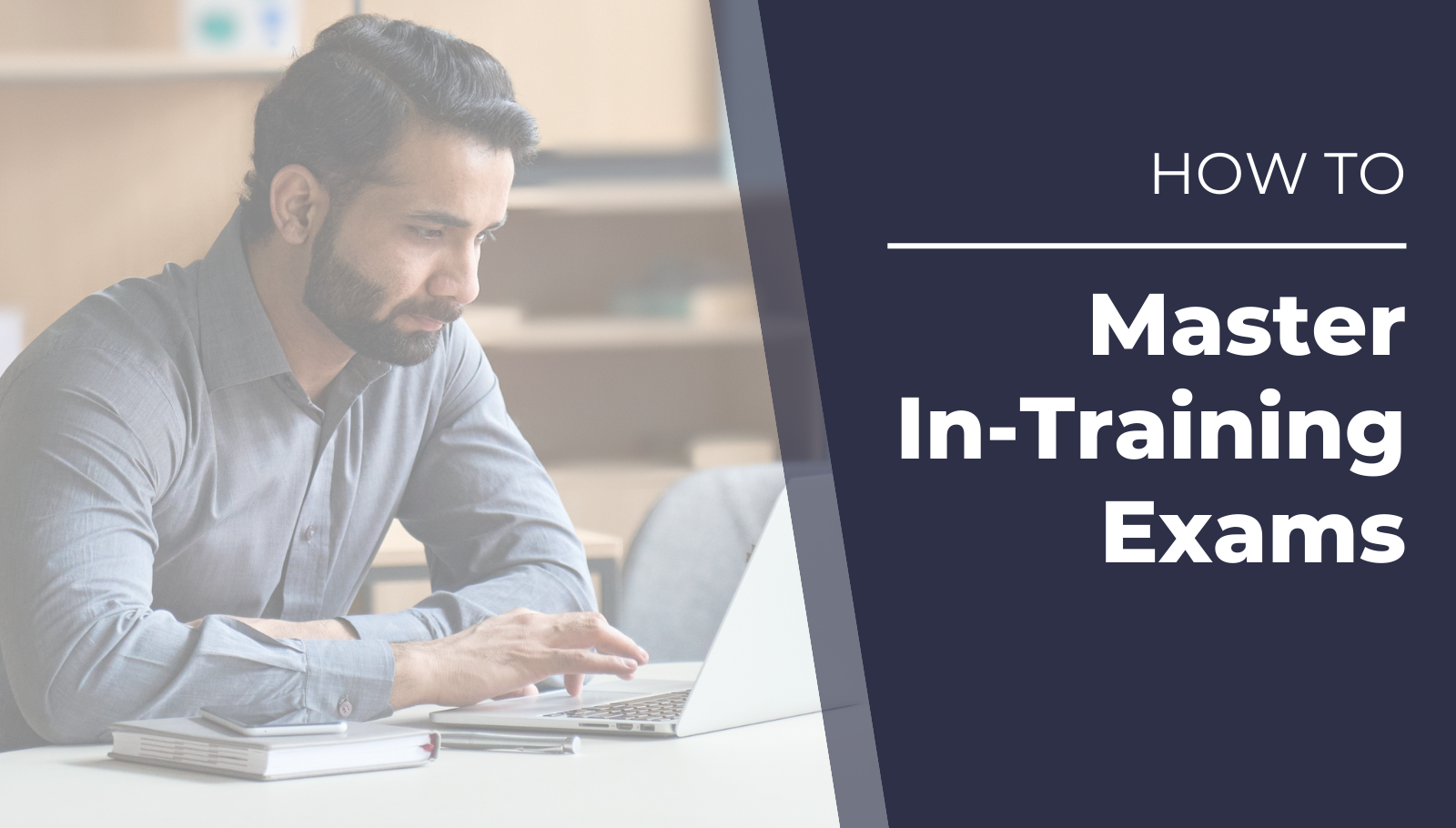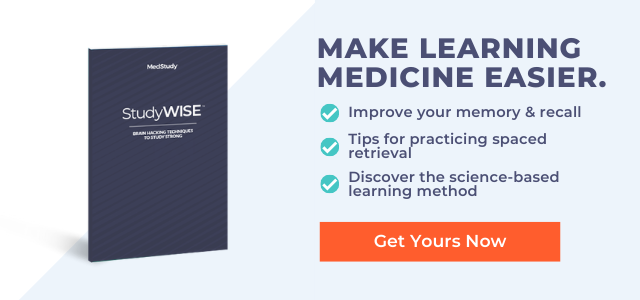Everything residents need to know about in-training exams

You take an ITE exam every year you’re in residency. Each year your ITE score will reveal the topics you know well and the topics you need to study more. As you move through your residency years, use your ITE scores to track your progress through the learning objectives, and make adjustments to your study plan accordingly.
What is the ITE Exam?
The ITE Exam, or In-Training Examination, is a 300-question, comprehensive exam used as a tool to help you and your residency program assess your progress through the material you’re learning in residency. It will also help you identify knowledge gaps before you take your Board exam. It’s typically required for all residents and included in your duty hour reporting.
The In-Training Examination (ITE) is an essential milestone for residents. The ITE assesses a resident's knowledge, skills, and preparedness for the boards. Residency programs put on the ITE, and program directors use scores to guide remediation and curriculum updates for PGY3s.
What's covered on the in training exam?
The ITE exam is mapped to your board exam blueprint—in terms of content area representation in the questions, as well as the question format—it’s a good indicator of your performance on the boards. When you get your ITE results, you’ll be able to see your overall performance on the learning objectives, your performance compared to other residents taking the same exam, and your performance compared to a threshold.
In training exam: question format
The ITE is meant to be similar to the boards. The exam is multiple-choice with questions based on clinical vignettes. The exams cover various topics relevant to each specialty, including diagnostics, disease management, and preventive care.
ITE results
You'll get your ITE results about six weeks after you take the exam. Your program will receive a report that shows the percent of questions correct for each examinee as well as each examinee's percentile rank. The report will also include a list of educational objectives of questions answered incorrectly.
How to prep for your ITE exam
Any topic from your ABIM exam blueprint or ABP content outline is considered fair game to be included on the ITE exam. However, unlike the boards, there’s no penalty for guessing and no real way to fail. Your program is going to get your score results, so it’s important to do well.
You’re not advised to prepare for your ITE exam. And we agree with this advice! If you want to get the most out of your ITE exam score, it needs to be a true representation of your knowledge. So no cramming! The way we recommend to “prep” for your ITE exam is to do the same amount of studying you’d do throughout residency—increasing your knowledge over time to solidify it into your long-term memory. Here’s how to think about it.
You can maintain a long-term study plan by following a board prep study plan (which will also prep you for the ITE), or reviewing relevant literature for your patient cases while patient interactions are fresh in your mind. The best way to stay on track in your board prep long-term is to do both. Here’s why.
Following a board prep plan keeps you on track with your studies, no matter which patient cases you see during your shifts. Your board prep plan should be mapped to the content in your board blueprint, so you won’t miss any concepts that could be on your board exam. It will keep you moving through all the medical information you need to learn throughout residency, and the best plans will even implement spaced retrieval and other memory hacks so that you create long-term memories with the information.
Reviewing literature as you see new cases is a great way to create stronger encoding of the information you’re learning. When you experience an event (like a new patient case), all the information is funneled to the hippocampus and converted into a neural code that can be stored and accessed, first as working short-term memory and later as distributed long-term memory. This episodic memory contains all relevant information of the event, the “who, what, when, why, and where,” the emotions, the sensations, and the personal importance. When you combine that with reviewing literature, you’re able to connect that patient with the material, forming deeper memories of that concept.
This is a marathon, not a sprint. Pace yourself! Keep up with your daily studies—do not cram for your ITE exam. Make time for yourself to do things you enjoy, too. Dedicating a little time to those things each day will keep you feeling refreshed and motivated, helping you stay on track with your goals long-term!
If you’re reading this while the ITE is looming, just breathe. Resist the urge to cram, and try to trust the knowledge base you’ve built over the past year.
If you’re a PGY1, think of your ITE score as setting a baseline for your knowledge, and use it to prepare for next year’s ITE.
If you’re a PGY2, use your score as a guide to review specific topic areas over the next year.
And if you’re a PGY3, you’re already well-prepared to take the ITE! Your score will help you fine-tune the learning objectives you need to brush up on before boards in the fall.
Start your board prep plan now, so that when your ITE (and eventual board exam!) rolls around, you’ll have confidence in your medical knowledge. If you need help finding IM or Peds learning tools to use, start with something comprehensive, like the MedStudy Core or Video Board Review.



